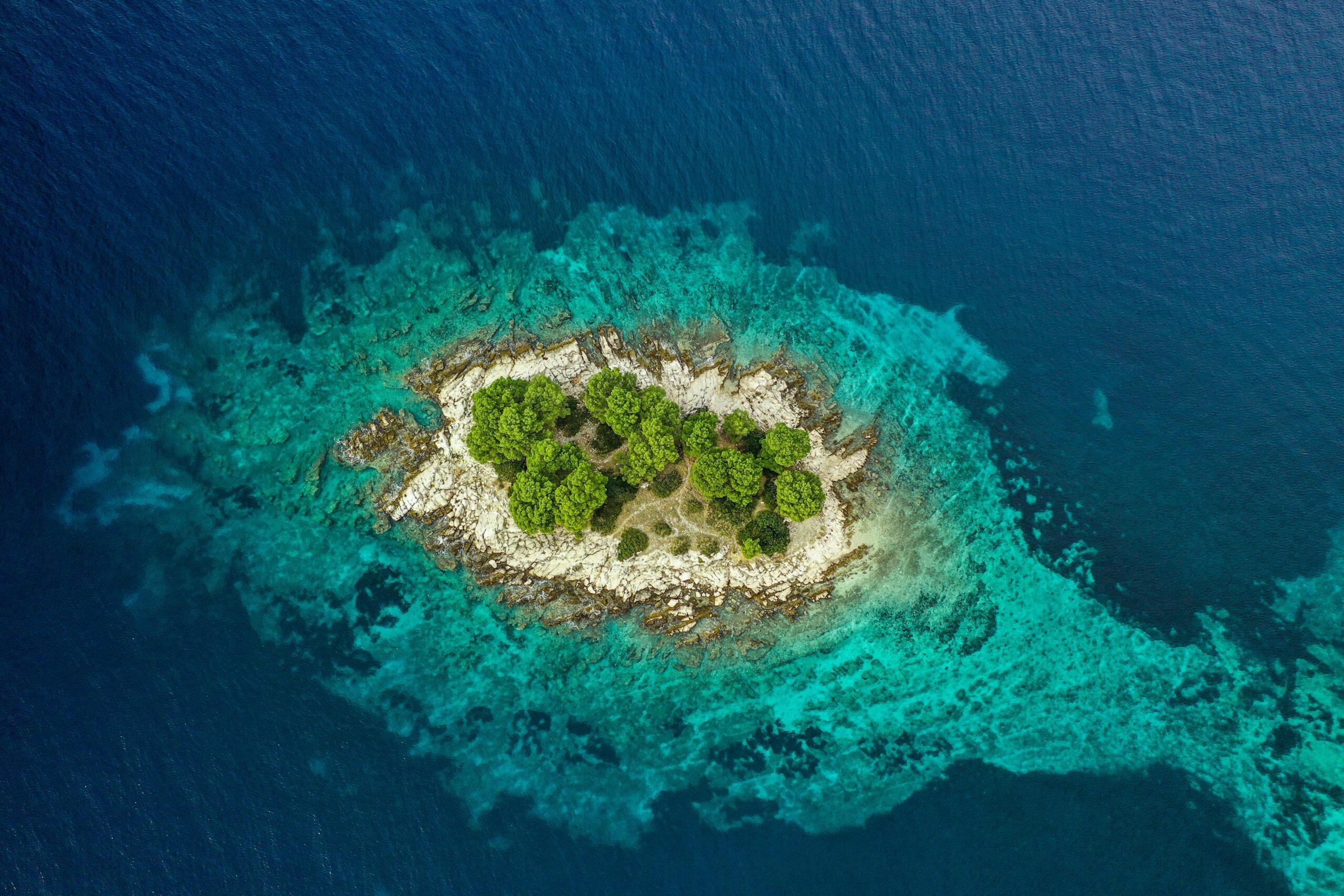AdriaClim

Summary
AdriaClim is the acronym of the research project funded by the Italy-Croatia Interreg Cooperation Programme that is dedicated to supporting the development of science-based regional and local climate change adaptation plans. AdriaClim will address climate change threats by developing regional and local adaptation plans based on up-to-date meteorological and oceanographical information acquired through newly implemented observing and modelling systems for the Adriatic Sea.
Introduction
The main objective of AdriaClim is to improve climate resilience in the cooperation area, by increasing the capacity to develop new climate adaptation plans and update existing ones and develop mitigation strategies based on high resolution, more accurate and reliable climate information (observations and integrated modeling) focussed on the coastal and marine areas (threatened by risks such as sea level rise, sea temperature and salinity anomalies, coastal erosion and salinization of freshwater) and related economic sectors and ecosystem services. AdriaClim aims at developing an Adriatic scale regional plus local scale for each Pilot integrated information systems composed by hydro-meteo-marine climatological databases (model scenarios and observation) and knowledge-based tools (e.g indicators) for advanced dynamical implementation of regional climate adaptation plans relevant and accessible for entire the Programme area and Countries.
Key objectives:
- To enhance climate change adaptation capacity in coastal areas developing homogeneous and comparable data
- To improve knowledge, capacity and cooperation on climate change observing and modeling systems
- To develop advanced information system, tools and indicators for optimal climate change adaptation planning
Partners

The AdriaClim project has a project area that includes various regions in Italy and Croatia and has a diverse group of partners across the Italian and Croatian regions.
- Consiglio Nazionale Delle Ricerche – CNR Ismar (IT)
- Zadar County Development Agency – Zadar Nova (HR)
- Agenzia Regionale per la Prevenzione e Protezione Ambientale del Veneto – Arpa Veneto – (IT)
- Dubrovnik Neretva County – Dunea (HR)
- Ruder Boskovic Institute – RBI (HR)
- Public Institution RERA SD for Coordination and Development of Split-Dalmatia County – RERA (HR)
- Institute of Oceanography and Fisheries – IOF (HR)
- Regione Puglia (IT)
- Alma Mater Studiorum Universita’di Bologna (IT)
- Agenzia Regionale per la Protezione Dell’Ambiente del Friuli Venezia Giulia – ARPA FVG (IT)
- Istituto Superiore pre la Protezione e la Ricerca Ambientale – ISPRA (IT)
- Regione Marche (IT)
- Azienda Ulss N.3 Serenissima (IT)
- Regione Molise (IT)
- Regione Emilia Romagna (IT)
- Comune di Venezia (IT)
- Region of Istria (HR)
A map of all AdriaClim partners and links to each of their projects can be found here:
https://programming14-20.italy-croatia.eu/web/guest/partners-map
Target Groups
- General public
- Local, regional and national public authorities and related entities
- NGOs
- Regional and local development agencies, environmental agencies, regional associations
- Education and training centers
Activities
In addition to project management and communication and dissemination activities, the main AdriaClim activities will include:
- Increasing the capacity related to high resolution, more accurate and reliable climate information (observations and integrated modeling) with the innovative focus on the coastal and marine areas and related economic sectors
- Contribution to further develop the Adriatic Sea regional integrated Monitoring Systems focus on hydro-meteo- marine climatological dimension
- Implementation of integrated modeling systems
- Preparation of Climate change risks and vulnerability maps that will be developed for each targeted pilot case studies
- Implementation of the information system and cross-border methodologies/protocols aimed at harmonizing and improving accessibility of observing and modeling tools and products
- Delivering the project datasets and indicators, as well as Geoportal and Information System
- Providing a set of climate change indicators optimally designed to facilitate the implementation of adaptation plans definition of adaptation/mitigation Plans for the Pilot Sites in Italy and Croatia
Outcomes
AdriaClim will improve the knowledge on climate change and it will achieve the following results:
- To improve and harmonize the access to observing and modelling tools and products (data platform, distributed database, innovative access tools) by setting up crossborder methodologies/protocols;
- To set up new and improve existing regional and coastal high-resolution integrated meteo-hydro-ocean and ecological climate monitoring systems (observations and models). 7 integrated monitoring systems each focussing of different variables will be put in place dealing with different typologies of data: sea level, temperature, salinity, sediment, carbon, nutrients, ecosystem variables, atmospheric and ocean variables
- To assess the impacts, vulnerability and risks and develop maps and indexes for pilot case studies on the blue economy (aquaculture, tourism); marine ecosystems services by Marine Protected Areas (MPA); coastal towns (population), and ports.
- To design adaptation plans (at least 3 in IT and 2 in HR) at different scale (e.g. loca l and regional) to be adopted by the relevant authorities in coastal territories
- To organize workshops to present future climate conditions and impacts
- To organize trainings for public and private stakeholders on adaptation measures, governance systems, monitoring of the actions, for the creation of new jobs in the field of adaptation and mitigation.
- To set up a Transnational Expert Management Body.
Case Studies
Explore example case studies from the AdriaClim project:
- How New Technology Can Shape Climate Change Adaptation: A Case Study in Split-Dalmatia, Croatia
- Giving a New Life to Buoys: climate change data monitoring at the Torre Guaceto Nature Reserve
- A Case Study of the Emilia-Romagna Region and Its Use of Public Participation for Climate Adaptation
- When Climate Adaptation Meets Archaeology: a case study of the Aquileia archaeological site

Comments
There is no content